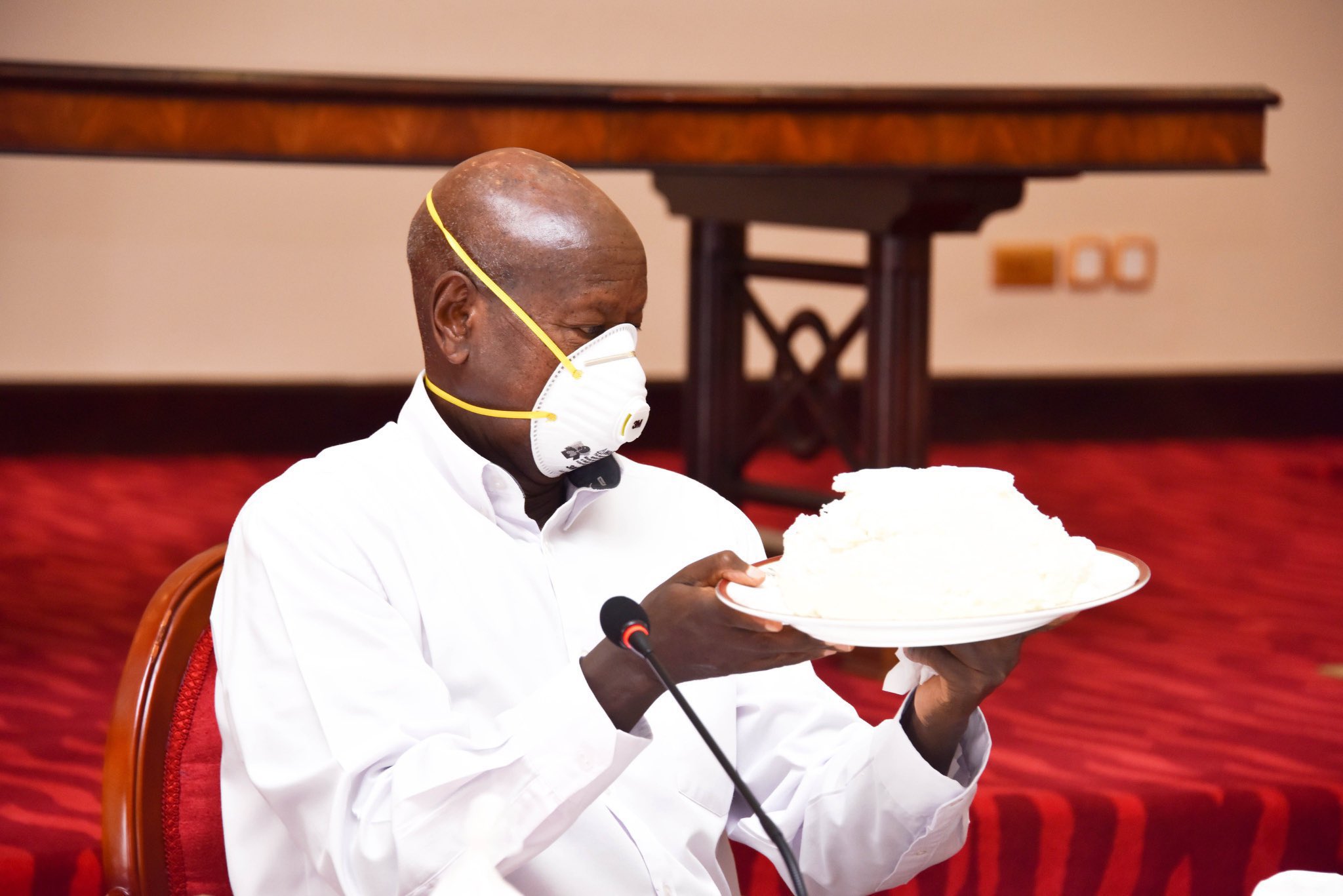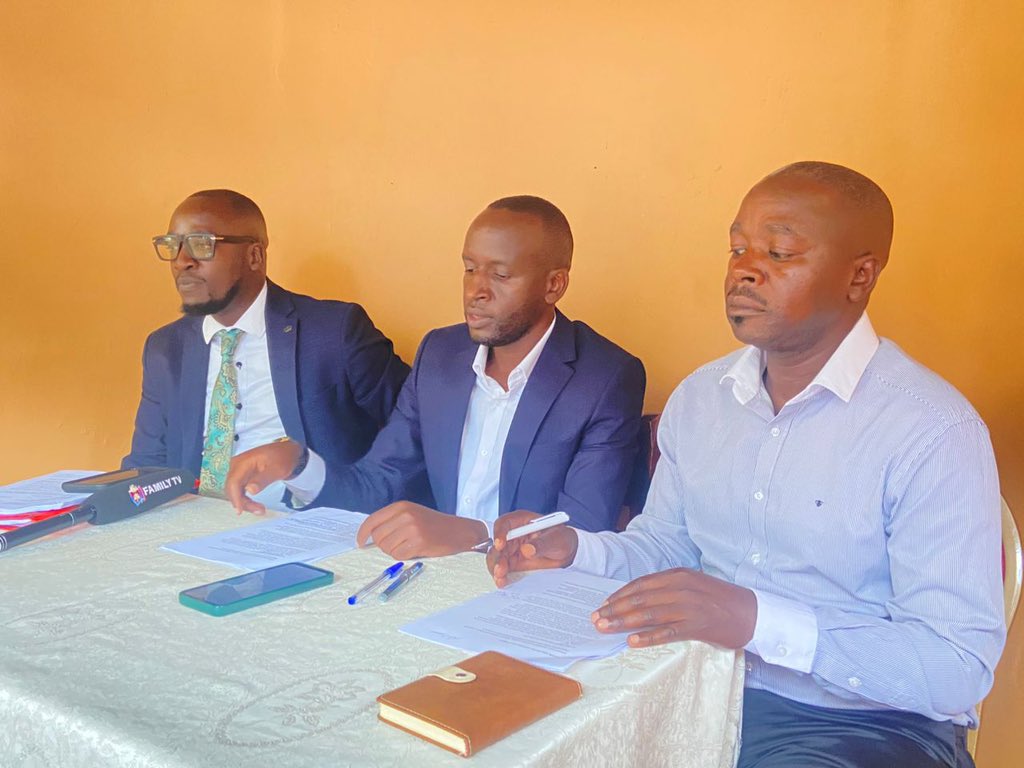On April 24, 2024, President Yoweri Museveni led the official reopening ceremony of Nakivubo War Memorial Stadium after its recent refurbishment.
The stadium’s renovation was primarily driven by businessman Hamis Kiggundu, known as Ham. President Museveni praised Kiggundu’s efforts, highlighting them as an example of the NRM’s “yes we can” philosophy.
During his address, President Museveni outlined the strategic reasoning behind leasing Nakivubo Stadium to Kiggundu. He portrayed the agreement as a straightforward business deal where the stadium was leased for redevelopment using private funds, with costs to be recovered over 49 years through business operations. Museveni argued that this model, although unconventional, would bring broader benefits to the Ugandan community.
Museveni stressed the importance of private investors like Kiggundu in driving national development.
However, contrary to Museveni’s assertions, some experts and sports enthusiasts familiar with global sporting standards have cast doubts on Nakivubo Stadium’s compliance with all Afcon standards. They suggest that further improvements are needed to fully meet international requirements.
The official commissioning of the revamped Nakivubo Stadium by President Museveni must have been a moment of pride for Ham Kiggundu. Kiggundu, a businessman, had been generating anticipation since last year about his modern stadium, aiming to boost Uganda’s bid to host the 2027 Africa Cup of Nations (Afcon).
Indeed, the new Nakivubo Stadium represents a significant departure from its previous iteration, demolished in 2017. The interior of the new stadium showcases impressive facilities.
However, the crucial question remains: Does the visually appealing interior of Nakivubo Stadium suffice to position it as a venue for Caf and Fifa-sanctioned international games?
According to the Caf Stadium Regulations Manual released in 2022, stadiums are categorized into four levels, accrediting them for international football, starting from the lowest level.
For instance, Category One stadiums host Women’s Fifa youth football qualifiers and Women’s Champions League qualifiers. Currently, stadiums like the Fufa Technical Centre in Njeru and the old KCCA FC stadium in Lugogo fit this category.
Category Two stadiums permit matches such as Women’s Africa Cup of Nations qualifiers and under-age men’s Afcon qualifiers. These games can be played at stadiums like St. Mary’s Stadium, Kitende, the home ground of Vipers SC.
The third category of stadiums qualifies to host group and quarterfinal games in the Champions League and Confederation Cup, as well as Afcon and Fifa World Cup qualifiers. Additionally, they can host a Women’s Afcon and Champions League final.
Category Four represents the highest tier of stadiums on the continent, where Afcon and Africa Nations Championships (Chan) tournaments are exclusively held. Semi-finals and finals of the Caf Champions League and Confederation Cups, along with the Caf Super Cup, can only take place in stadiums certified for this category.
Reportedly, the new Nakivubo Stadium falls into this Category Four. According to Caf regulations, a Category Four stadium must seat a minimum of 30,000 spectators. However, Nakivubo Stadium currently seats 20,000. Plans to expand its seating capacity to 35,000 are underway, aiming to meet Category Four criteria.
Category Four stadiums are required to have four dressing rooms to accommodate two football matches on any given match day. However, during a tour of the new Nakivubo Stadium, only two dressing rooms were observed.
Furthermore, Category Two, Three, and Four stadiums must have a training facility adjacent to them, complete with a dressing room capable of accommodating at least 23 people. Currently, Nakivubo Stadium lacks these facilities, raising concerns about its accessibility.
The area surrounding Nakivubo Stadium is congested, complicating compliance with Caf regulations, which require convenient access for buses transporting players. Safety and security concerns are heightened due to the bustling activity in the adjacent suburb of Kisenyi.
Additionally, while Nakivubo Stadium has a sizable parking area, Caf safety regulations stipulate minimal vehicle presence inside or directly outside the stadium during mass spectator events.
To sum it up, Nakivubo Stadium’s refurbishment raises questions about its compliance with Afcon standards. Moreover, its Astro-turf surface presents a deviation from the natural grass surfaces traditionally preferred by Caf and Fifa for high-level football matches.




















